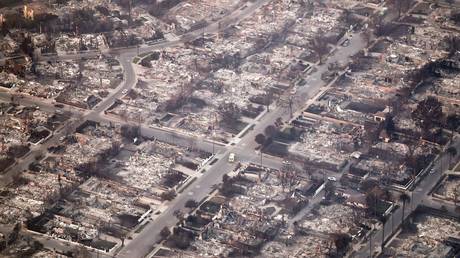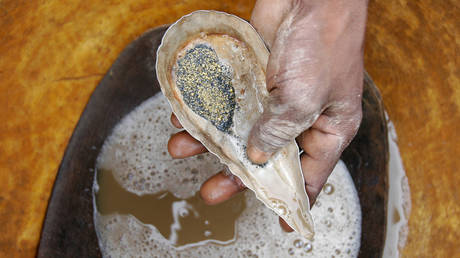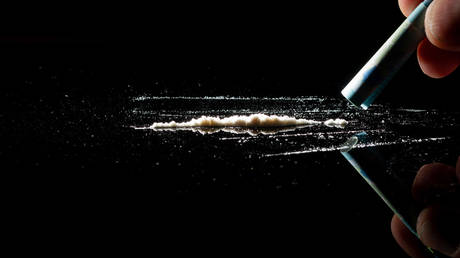A THAAD launcher fires an interceptor missile
Screengrab via US Missile Defense Agency
The US deployed a top air-defense battery to Israel in October after a huge Iranian attack.The THAAD system has now been used in combat twice — once in December and another time in January.THAAD’s combat debut comes amid an uptick in Houthi missile attacks on Israel.
A top American-made air-defense battery deployed to Israel has been used in combat multiple times since it arrived in the country last fall, a US defense official confirmed to Business Insider on Monday.
The THAAD, or Terminal High-Altitude Area Defense, battery was used to defend Israel once in December and again this month, the official said. They declined to provide additional details about either of the incidents, and it’s unclear whether the THAAD system successfully intercepted the targets. The January employment has not been previously reported.
The two incidents come amid an uptick in Houthi attacks on Israel. The Yemeni rebels have launched a number of missiles and drones at the country in recent weeks. Most recently, on Monday, the Israeli military said it intercepted one missile and one drone.
The US sent a THAAD battery and around 100 soldiers to Israel in October after Iran launched a massive missile attack on the country at the start of the month. In late December, this newly deployed battery was used in combat for the first time.
US Air Force airmen offload a THAAD launcher from a C-17 at Nevatim Air Base in Israel in March 2019.
US Army photo
THAAD is an American air-defense system made by the US defense contractor Lockheed Martin. It is designed to intercept short-, medium-, and intermediate-range ballistic missiles during the final phase of flight.
THAAD has a long reach and can engage targets at ranges of 93 to 124 miles both inside and outside the atmosphere. It intercepts an inbound missile by striking it rather than exploding nearby.
The US Army began developing THAAD in 1992, and it entered service in 2008.
Its first operational intercept in combat occurred in January 2022 when a battery used by the United Arab Emirates shot down a ballistic missile fired by the Houthis. Although the system has only been used a handful of times in the three years since, it is widely considered to be one of the best air defenses in the world.
The US has seven THAAD batteries, several of which are outside the continental US, including the one in Israel. A typical battery consists of nearly 100 soldiers, six truck-mounted launchers, a radar, and a fire control and communications element.
A THAAD interceptor is launched during a flight test in Alaska in July 2017.
US Missile Defense Agency
The October deployment of the THAAD battery added another layer to Israel’s highly advanced air-defense network. The Israeli equivalent to THAAD, the Arrow 3 system, has been widely tested in combat since Hamas launched its October 7, 2023, massacre that sparked a wider war across the Middle East.
Israel also fields other air defenses, including David’s Sling and the well-known Iron Dome system, designed to intercept rockets and artillery. The country is retiring its American-made Patriot batteries, which Ukraine has used to defend against Russian attacks.
THAAD’s role in combat over the past few weeks underscores how Israel continues to face the threat of long-range missiles as it grapples with the Houthis. The rebels have stepped up direct attacks on Israel after spending a year menacing shipping lanes off the coast of Yemen, claiming that their actions are in solidarity with Palestinians in Gaza.
Israel has responded to the Houthi attacks by bombing the rebels in Yemen and has vowed to keep striking them in retaliation.





+ There are no comments
Add yours